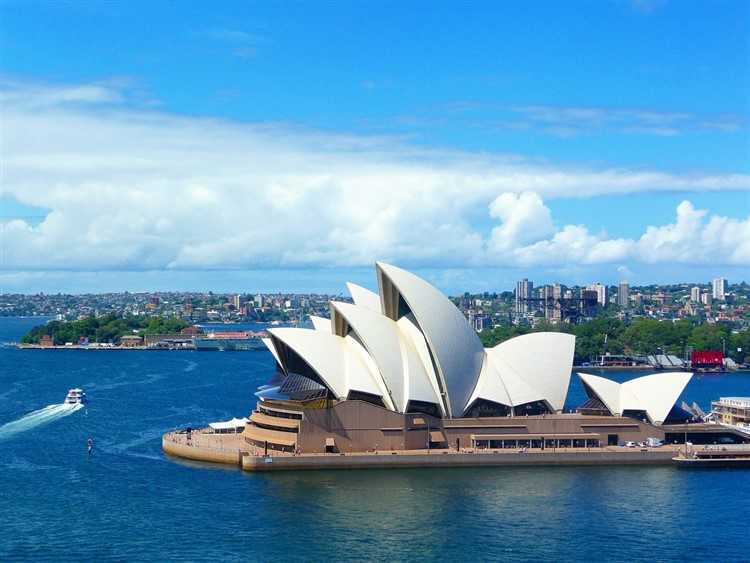
Now that most experts are predicting that the current price downtrend in Sydney is predicted to persist for another year, the Reserve Bank of Australia (RBA) is left with little choice but to hold interest rates at its historic low.
Interest rates have been maintained at 1.5% for two years now. According to Bloomberg, home values, as well as household debt, have reached such high levels that even these affordable rates are unable to support the housing market.
For many economists, prices are not projected to rebound until at least 2020. Morgan Stanley strategist Daniel Blake told Bloomberg that the weakness in the housing market is becoming entrenched. In fact, Sydney has posted its biggest value drop since 2009 just last month.
"We remain alert to any impact from a sharper tightening in credit or exogenous weakening in the broader economy that could accelerate declines and spark a negative feedback loop between the housing market and indebted consumer," Blake said.
But Sydney’s downturn could wind up being timely. Remember, since the central bank started the easing cycle in November 2011, Sydney prices have increased by 80%. In Melbourne, prices have inflated by 60%.
While lenders are implementing lending curbs to prevent a house price bubble, they are also wary of such a retreat in demand that the country’s economy is affected. Tight unemployment figures, which have hovered between 5.4% and 5.6% over the last year, have been a stabilising influence.
"That gives Lowe and his colleagues confidence that households can meet their obligations and that a degree of demand will remain in the property market. Most importantly, it averts the risk of forced sales due to job losses that could send prices into a downward spiral," Bloomberg said.
The problem, however, is wage growth, which needs to accelerate by 3% or better for the central bank to justify a rate increase.
"Between falling house prices, potentially weaker hiring and economic growth, and concerns about the outlook for household spending – Australia’s debt-to-income ratio is a record 190 per cent and among the world’s highest – tighter policy looks even further in the distance. Traders certainly see little chance of a rate rise in the next 12 months," the report added.









 Add Category
Add Category